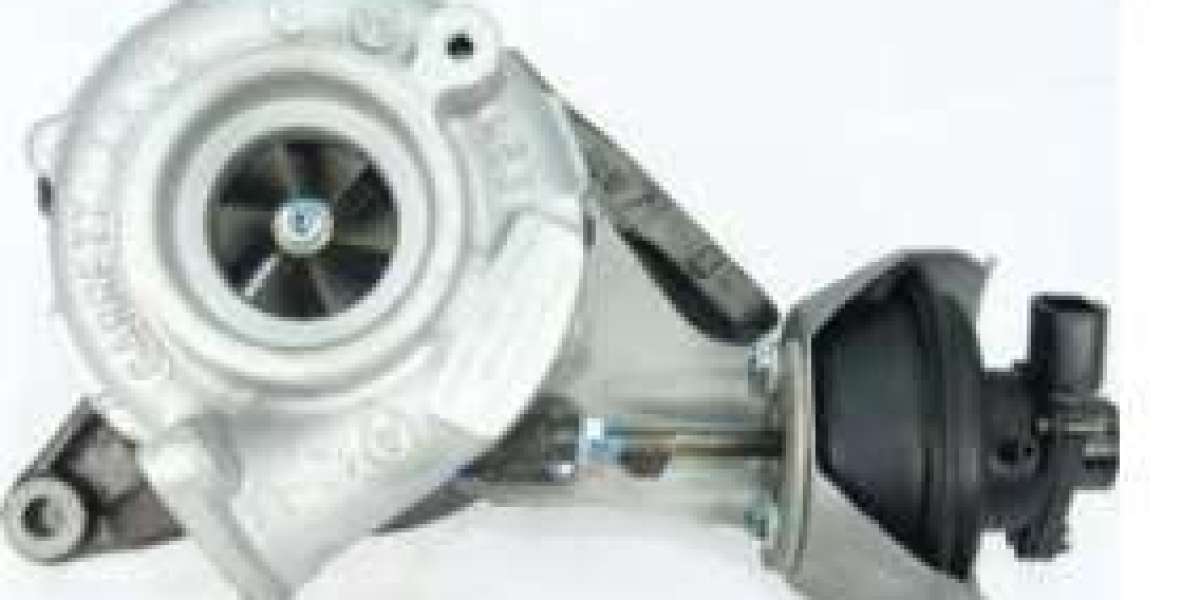By pushing more air into the combustion chamber, a turbo allows engines to burn fuel more efficiently, creating a powerful yet economical drive. For many drivers, this means enjoying the best of both worlds — strong acceleration without excessive fuel costs.
But as efficient as they are, turbos work under extreme conditions and eventually face wear and tear. When problems arise, timely turbo repair is essential to keep vehicles running at their best. Understanding how turbos work, recognizing signs of failure, and knowing how to care for them are key steps in ensuring long-term reliability.
What Does a Turbocharger Do?
At its core, a turbocharger uses exhaust gases to spin a turbine. This turbine drives a compressor wheel, which pushes additional air into the engine. More air means more fuel can be burned, which results in:
- Increased horsepower and torque
- Better fuel efficiency
- Cleaner emissions
For drivers, this translates into smoother acceleration, reduced fuel bills, and a more environmentally friendly ride.
Why Turbo Repair Is So Important
When a turbocharger begins to fail, it affects more than just performance. Ignoring the issue can lead to wider mechanical problems, including:
- Reduced engine power – Acceleration becomes sluggish, and the vehicle feels underpowered.
- Higher fuel consumption – Without proper boost, the engine burns more fuel.
- Excessive exhaust smoke – Oil or fuel leaks can create clouds of smoke, indicating poor combustion.
- Potential engine damage – Turbo issues, if left unresolved, can harm other engine parts.
In this sense, timely turbo repair is not just about restoring performance — it’s also about preventing expensive damage down the road.
Common Signs of Turbo Problems
Spotting turbo issues early gives drivers the chance to address them before they escalate. Some of the most common warning signs include:
- Strange noises – A whining or whistling sound may suggest air leaks or failing bearings.
- Visible smoke – Blue smoke often signals oil burning, while black smoke points to unburned fuel.
- Loss of acceleration – A clear sign that the turbo isn’t providing proper boost.
- Check engine light – Modern vehicles can detect when the turbo system isn’t working correctly.
- High oil usage – A leaking turbo may cause oil levels to drop quickly.
If any of these symptoms appear, arranging an inspection as soon as possible is the safest course of action.
Factors That Influence Turbo Longevity
A turbocharger’s lifespan isn’t fixed; it depends largely on how the vehicle is used and maintained. Some of the biggest influences include:
- Oil quality and changes – Clean oil reduces friction and heat damage.
- Air filter condition – A clogged filter can allow dirt to enter and harm the compressor.
- Driving habits – Frequent aggressive driving puts unnecessary stress on the turbo.
- Engine health – A poorly maintained engine increases the chance of turbo problems.
With proper care, many turbos last for more than 100,000 miles, while neglect often results in earlier failures.
The Importance of Specialists in Turbo Repair
Unlike many other vehicle components, turbos are highly precise pieces of engineering. They spin at extreme speeds and must be perfectly balanced to function safely. This makes professional attention essential.
Specialists in turbo repair have the knowledge and equipment to:
- Run diagnostic tests on boost pressure and airflow.
- Inspect seals, bearings, and blades for damage.
- Rebalance moving parts to ensure smooth operation.
- Advise whether repair or replacement is the best option.
For this reason, it’s always best to find a specialist near you if turbo problems occur, rather than trying to fix them without proper expertise.
Repair or Replacement: Making the Right Choice
When turbo issues appear, drivers often face a decision: repair the existing unit or replace it entirely.
- Repair – Best for smaller problems like seal replacements, bearing wear, or minor leaks.
- Replacement – Necessary if there is severe damage such as cracked housings or broken turbine blades.
The decision depends on the extent of the damage, the age of the vehicle, and the long-term reliability of the repair.
How to Prevent Turbo Problems
Prevention is always better than cure, and a few simple habits can extend the life of a turbo significantly:
- Use quality engine oil – Stick to recommended grades and change oil regularly.
- Allow the engine to warm up – This ensures oil circulates before the turbo spins at high speeds.
- Let the turbo cool down – After long drives, allow the engine to idle for a short time before switching off.
- Maintain clean filters – Replace air and oil filters on schedule to keep contaminants out.
- Drive smoothly – Avoid constant aggressive acceleration that strains the system.
These small steps can save drivers from costly turbo repairs in the future.
Looking Ahead: The Future of Turbo Technology
As environmental regulations tighten and demand for efficiency grows, turbos are evolving. New designs include:
- Variable Geometry Turbochargers (VGTs) – Adjusting airflow for smoother performance.
- Electric turbos – Using motors to reduce lag and improve response.
- Twin-turbo setups – Offering even power delivery across different speeds.
These innovations mean turbos will remain a central part of engine technology for years to come — and so will the need for skilled repair services.
Conclusion
Turbochargers are remarkable devices, combining power and efficiency in a way that has changed modern driving. But because they operate under extreme conditions, they require care, attention, and sometimes repair.
By recognizing early signs of trouble, following good maintenance habits, and seeking expert assistance, drivers can ensure their turbo lasts as long as possible. When issues arise, investing in professional turbo repair is the best way to protect both performance and engine health, keeping vehicles reliable for the journeys ahead.



